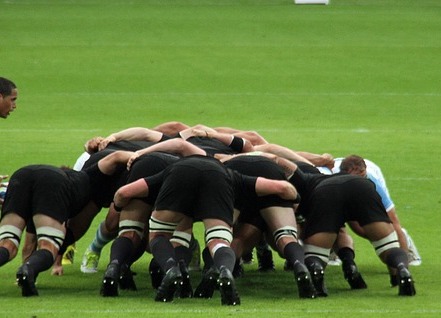
Never before have we needed to see all energy consumers change their habits, become more sober, more energy-conscious, and we have never been more aware of the difficulties involved in engaging consumers in this transformation.
At the heart of this paradox are the energy suppliers, on whom part of the responsibility for creating these evolutions of behaviors is based.
However, we must not be too caricatural because progress has been made:
- Purchasing behaviors, concerning equipment that consumes less energy or work to reduce consumption, for example, have moved in the right direction, often thanks to subsidies or tax levies.
- Offerings to change behavior exist and reach the 10% of spontaneously voluntary consumers to engage.
But we are far from a general movement:
- Most consumers are not interested in energy and do not want to devote time and attention to reducing their consumption as well as protecting the environment.
- Some purchasing behaviors are still limited by budget constraints that existing subsidies are not sufficient to lift.
- The offerings targeting consumer engagement are not adapted to the majority: they provide information in the form of graphs, incomprehensible for the majority; to trigger action, they suppose a first degree of understanding of the functioning of the electrical distribution for example, that Consumers have not always …
Faced with this situation, energy suppliers have fallen back into a waiting position: they want to try to offer what the only spontaneous protectors of the environment need (and they not always succeed in these attempts) but we can understand that they won’t invest in offerings that they will not sell. It is not on their agenda either to promote to the greatest number renewable energies, the electric vehicle, the residential storage systems … so many actions that may generate today the explosion of their commercial costs and episodic sales.
How to get energy suppliers out of this dead end?
Clearly, it is a broad global movement that we need to change behaviors in ways that significantly impact our energy consumption:
- Many associations have a key role by their hyper-concrete action in the field: they initiate rills that together will make the rivers we need.
- Regulation must progressively guide evolution by introducing constraints in all directions that we must not follow. The great difficulty is to harden it to the rhythm where citizens are willing to accept it.
- The media must redouble its efforts to explain, show, demonstrate with a clearly monitored educational objective.
- Energy professionals must lead the way.
- Politicians and public deciders must be exemplary
- In this movement, suppliers obviously have a place to take, essential, but complementary to other actions and progressive.
In order for this global movement to accelerate and grow, actions must be consistent and all actors must contribute equally and be stimulated or incentivized with comparable intensity.
As part of an orchestrated collective evolution, consumers, professionals or individuals will be able to better respond to offers from suppliers, allowing them to engage again more voluntarily.
The marketing of energy services therefore includes an important collective component to ensure the expected performance, in the organisation and management of which the supplier has great interest to get involved.
Subscribe to receive every quarter all articles of the blog: [sibwp_form id=2]

I couldn’t agree more, Eric. Not only the consumer has to be at the centre of the market, but he/she should also be encouraged in his/her choices and respected (no dubious commercial practices or bad sales, for instance). Energy poverty is also a critical fight we all have to undertake. I’d be happy to continue the conversation!